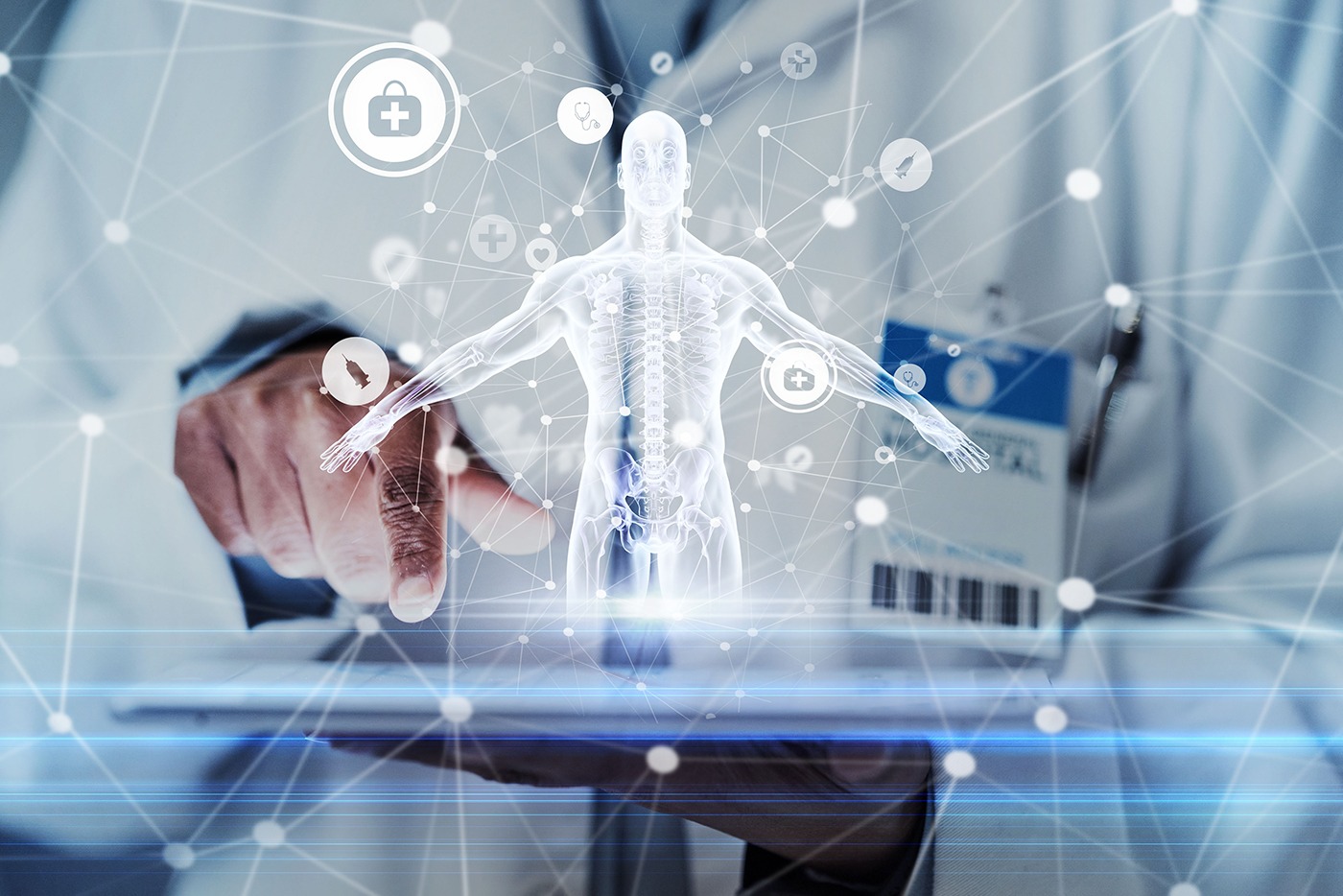
Modern medicine is undergoing a transformation powered by Big Data and Artificial Intelligence (AI). From personalized treatments to drug discovery, technology is reshaping how we understand health and performance. In the field of Selective Androgen Receptor Modulators (SARMs) and compounds like Ibutamoren (MK-677), AI and data-driven research are opening new possibilities for safer, smarter, and more effective applications.
This article explores how Big Data and AI are revolutionizing the study of SARMs and Ibutamoren, bridging the gap between performance enhancement, clinical research, and modern healthcare.
1. Understanding Ibutamoren and SARMs
Before diving into technology’s role, it’s important to understand what Ibutamoren and SARMs are.
- Ibutamoren (MK-677): A growth hormone secretagogue that stimulates natural HGH and IGF-1 production. It is being researched for muscle growth, recovery, sleep improvement, and anti-aging effects.
- SARMs: A class of compounds designed to selectively bind to androgen receptors, promoting muscle and bone growth without the side effects associated with traditional anabolic steroids.
Both are still primarily studied in research settings, but their potential medical applications — from treating muscle wasting and osteoporosis to supporting recovery in athletes — are significant.
2. The Rise of Big Data in Medicine
Healthcare generates vast amounts of data every day: clinical trials, patient records, wearable devices, genetic testing, and fitness trackers. Big Data refers to the ability to collect, store, and analyze these massive datasets.
In the context of SARMs and Ibutamoren, Big Data helps researchers:
- Identify patterns in user experiences and clinical results.
- Predict long-term safety and effectiveness.
- Optimize dosages and treatment schedules for different populations.
- Detect rare side effects faster by analyzing large-scale data.
3. How AI Transforms Research
AI goes beyond raw data collection — it enables machine learning models to find hidden insights that humans might miss.
For SARMs and Ibutamoren, AI can:
- Predict biological responses to different dosages.
- Analyze gene expression and hormone interactions to tailor treatments.
- Use predictive models to estimate muscle growth, fat loss, or recovery outcomes.
- Automate drug discovery by screening molecular structures and simulating effects.
This accelerates research that once took years into results that can emerge in weeks.
4. Personalized Medicine: Tailoring SARMs and Ibutamoren
One of the most exciting promises of Big Data and AI is personalized medicine — creating treatment plans based on individual biology.
Imagine a scenario where:
- A fitness enthusiast submits genetic data and hormone levels.
- AI analyzes lifestyle habits, training volume, and diet.
- Based on predictive modeling, a custom Ibutamoren or SARM protocol is suggested to maximize benefits while minimizing risks.
This is not science fiction — it’s the direction modern medicine is moving toward.
5. Clinical Applications in Modern Medicine
While SARMs and Ibutamoren are often discussed in the fitness community, their medical potential is much broader.
- Elderly Care: AI can help identify patients at risk of muscle wasting and recommend optimized Ibutamoren dosages.
- Osteoporosis: SARMs may strengthen bone density; Big Data helps track long-term patient outcomes.
- Cancer Recovery: Patients experiencing muscle loss (cachexia) could benefit from AI-guided treatment plans.
- Sleep Disorders: Ibutamoren’s impact on sleep architecture could be refined using wearable sleep data analyzed by AI.
By integrating patient datasets, AI creates smarter treatment strategies for conditions where traditional medicine has limited solutions.
6. Safety and Ethical Considerations
Despite the promise, SARMs and Ibutamoren are not yet fully approved for medical use. This raises challenges:
- Data Quality: Much of the existing information comes from self-reported fitness communities rather than controlled clinical trials.
- Long-Term Effects: AI can help predict risks, but real-world validation is essential.
- Ethics: Should compounds with performance-enhancing potential be widely accessible? How do we balance research use vs. recreational misuse?
AI can help identify risks earlier, but human oversight remains critical.
7. The Role of Wearables and Self-Tracking
Fitness trackers, smartwatches, and health apps provide a constant stream of personal data — heart rate, sleep patterns, recovery metrics, and activity levels.
For Ibutamoren and SARMs research:
- AI can correlate changes in sleep quality with Ibutamoren use.
- Muscle recovery metrics can be compared across different SARMs protocols.
- Large-scale data from thousands of users could help create the world’s most detailed SARM safety database.
8. Future Outlook: AI-Driven SARM and Ibutamoren Research
Looking ahead, the future of SARMs and Ibutamoren research will likely involve:
- AI-powered clinical trials: Faster, cheaper, and more accurate studies.
- Global health databases: Connecting research communities worldwide.
- Smart supplementation apps: Real-time AI feedback on progress and safety.
- Integration with telemedicine: Doctors using AI to personalize SARM/Ibutamoren treatments for patients.
The ultimate goal? Safe, effective, and personalized enhancement protocols that move beyond bodybuilding into mainstream medicine
Conclusion
Big Data and AI are not just buzzwords — they represent a fundamental shift in medical research and treatment. For compounds like Ibutamoren and SARMs, this technology could mean:
- Faster discovery of benefits.
- Safer understanding of risks.
- Personalized solutions tailored to each individual.
As technology advances, the line between performance enhancement and legitimate medical therapy will continue to blur. Big Data and AI are set to make SARMs and Ibutamoren part of the future of modern, data-driven medicine.






